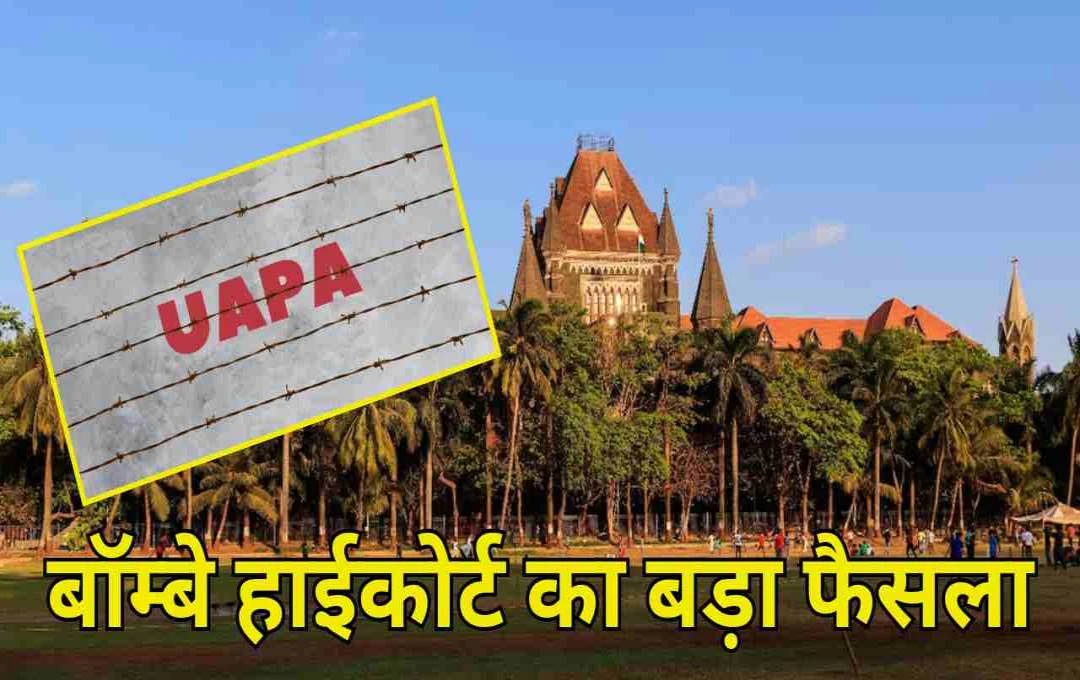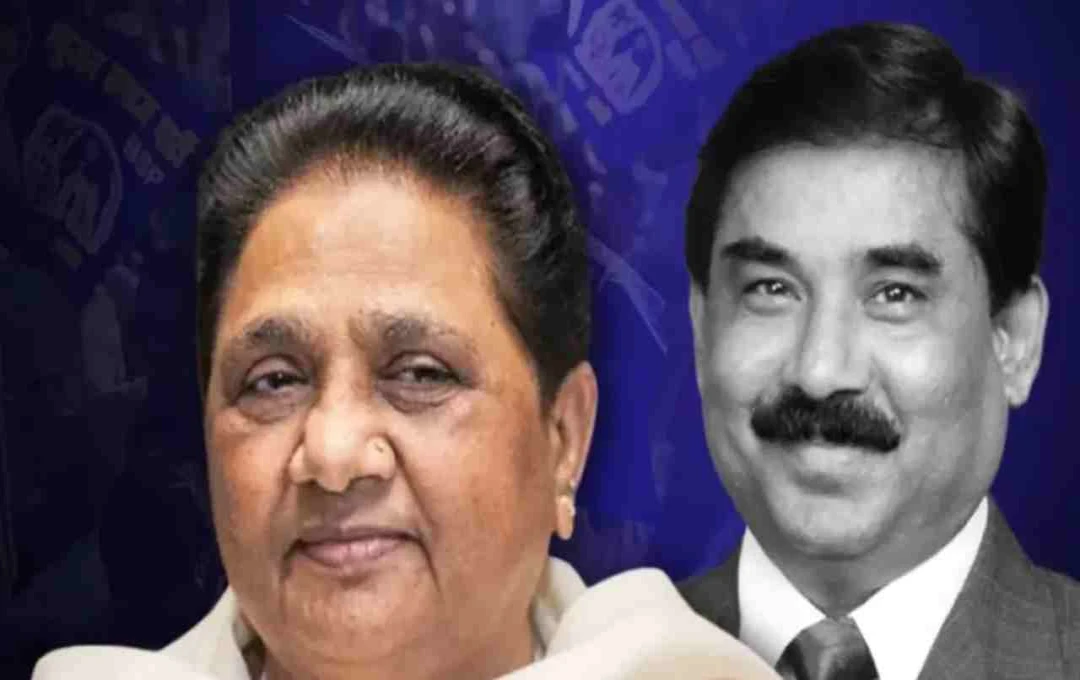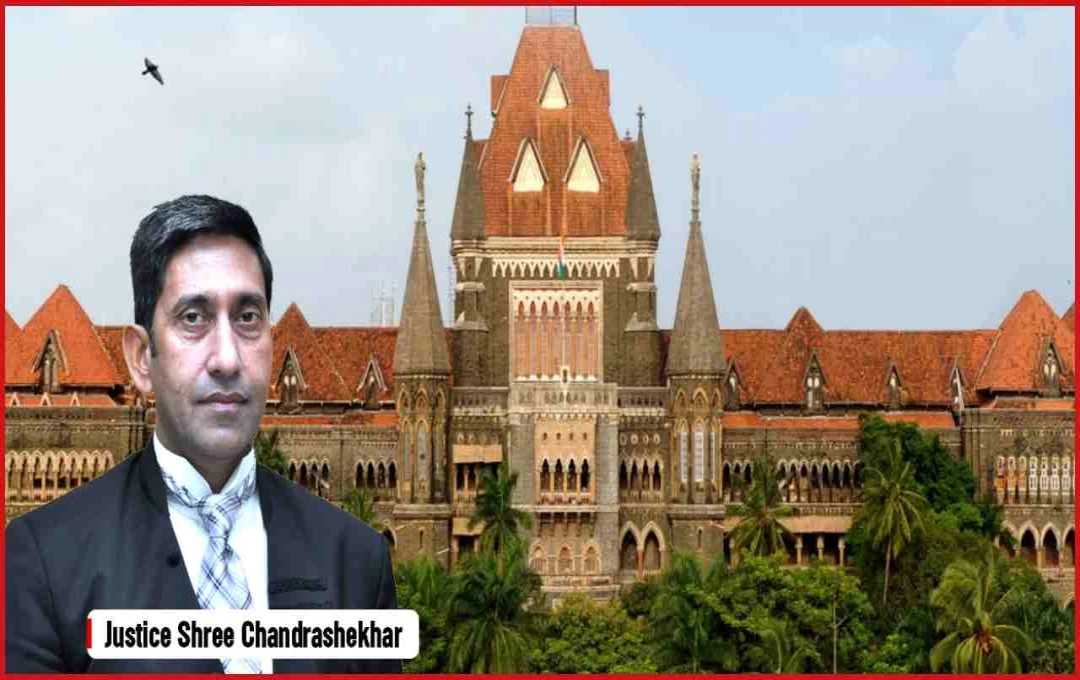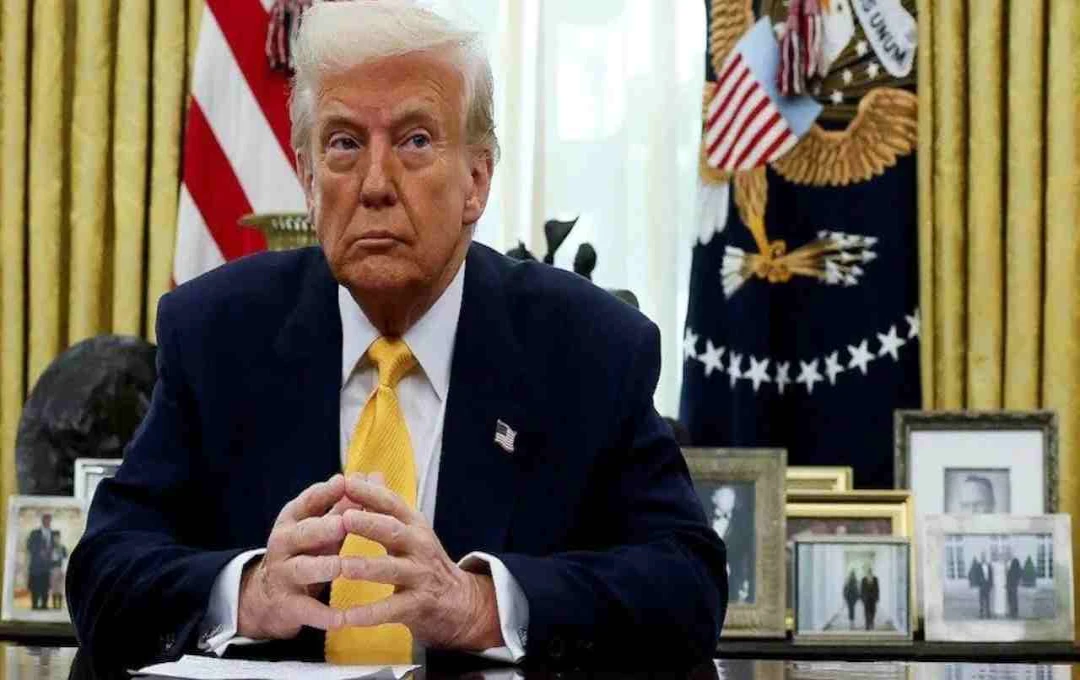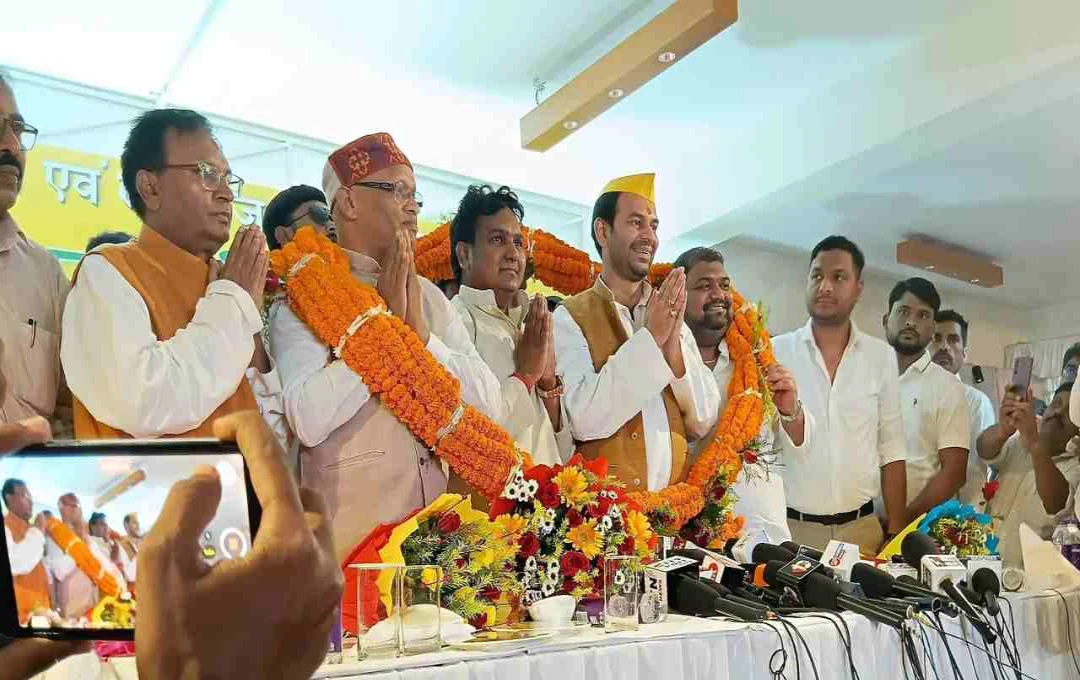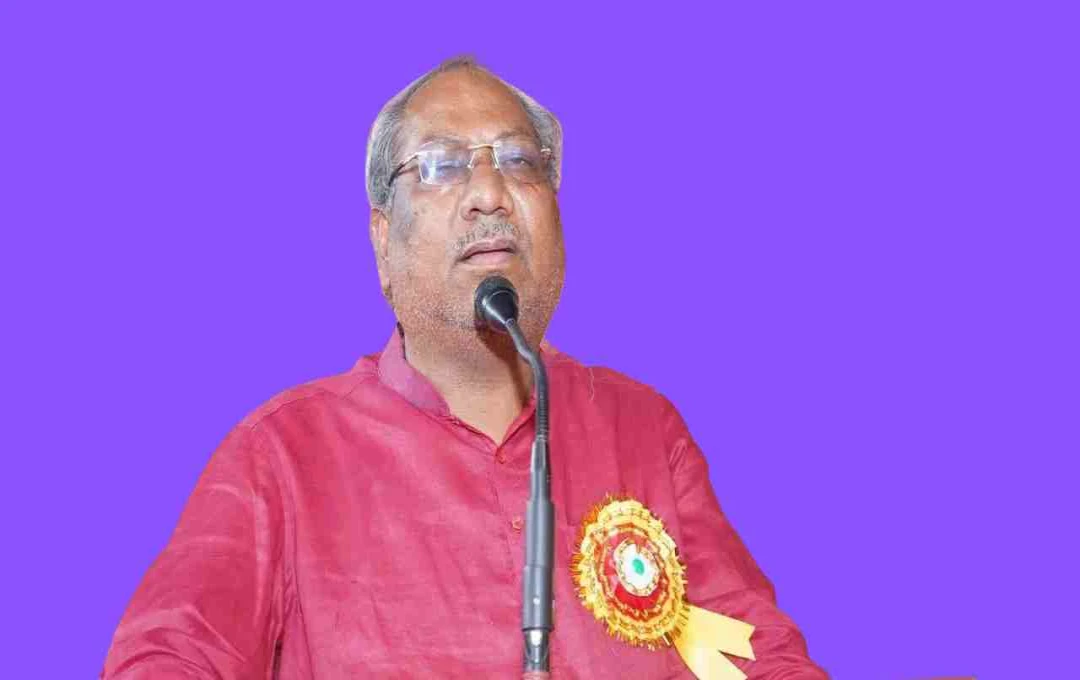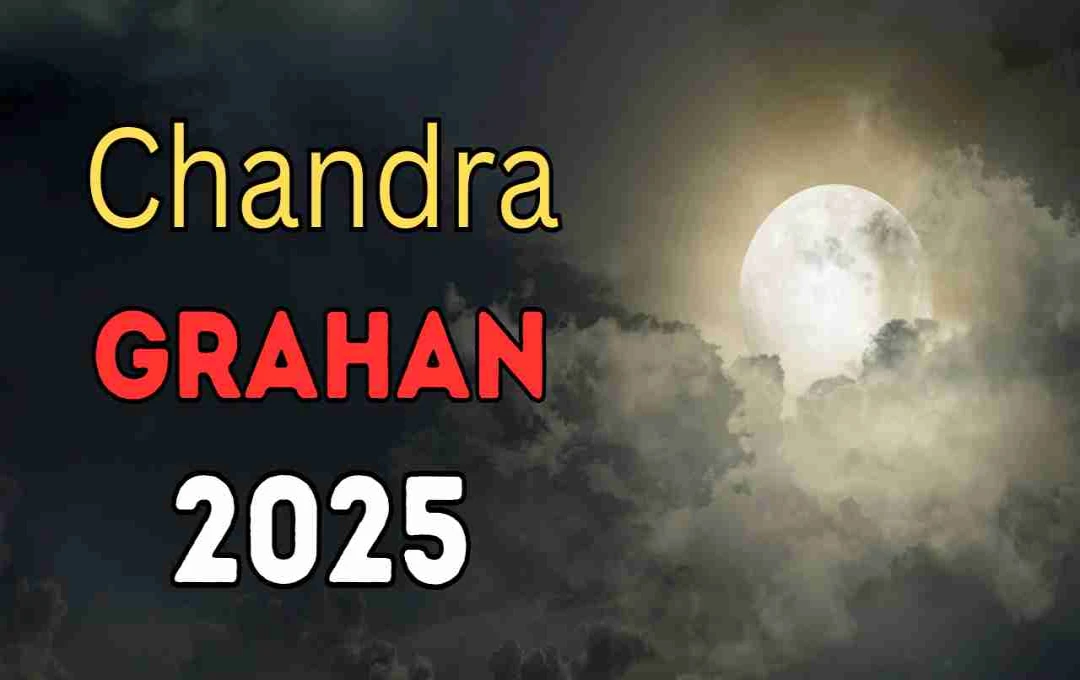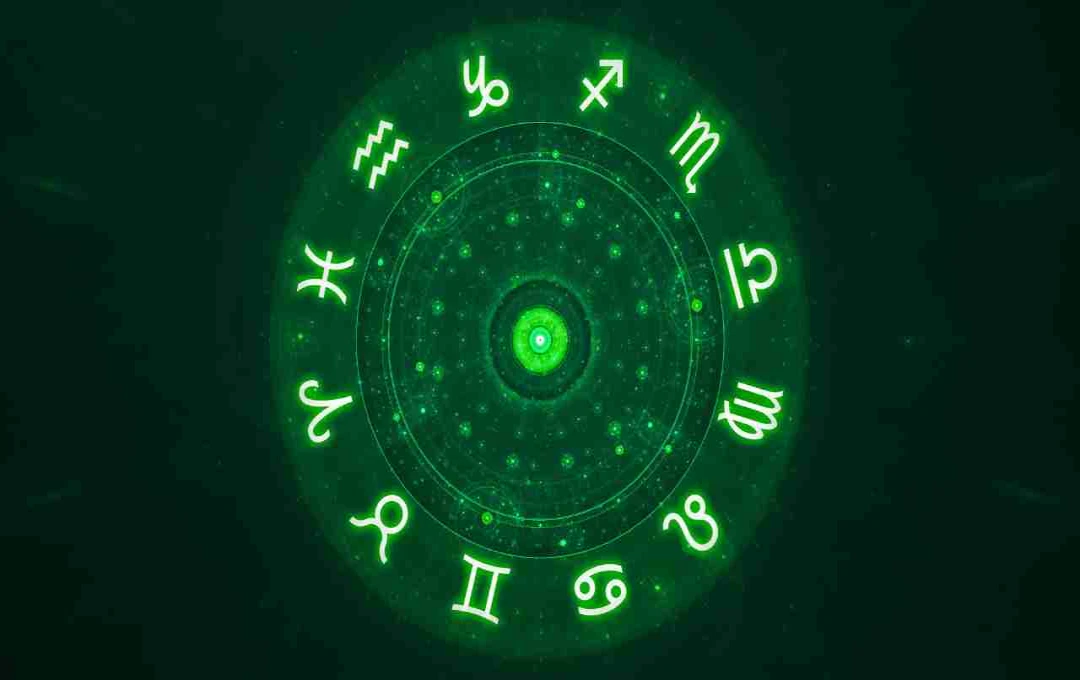The Bombay High Court has dismissed a petition challenging the constitutional validity of the Unlawful Activities (Prevention) Act (UAPA). This clarification came in the judgment delivered by the division bench of Chief Justice A.S. Gadkari and Justice Neela Gokhale.
Mumbai: The Bombay High Court has dismissed a petition challenging the constitutional validity of the Unlawful Activities (Prevention) Act, or UAPA (Unlawful Activities Prevention Act). The division bench of Chief Justice A. S. Gadkari and Justice Neela Gokhale stated in its decision that the UAPA in its current form is entirely constitutionally valid. Therefore, there is no need to declare its provisions unconstitutional.
Following this significant decision, it has become clear that the Bombay High Court did not find a solid basis for the constitutional doubts raised regarding the actions being taken under the UAPA and its provisions.
What was the case about?
The petition was filed in 2021 by Anil Baburao Balle, a resident of Maharashtra. Petitioner Balle's name is associated with the well-known Elgar Parishad Case. He was sent a notice by the National Investigation Agency (NIA) in 2020. Following this, he filed a petition in the Bombay High Court seeking to declare the UAPA and the now-suspended Section 124A (sedition) of the Indian Penal Code (IPC) as unconstitutional.
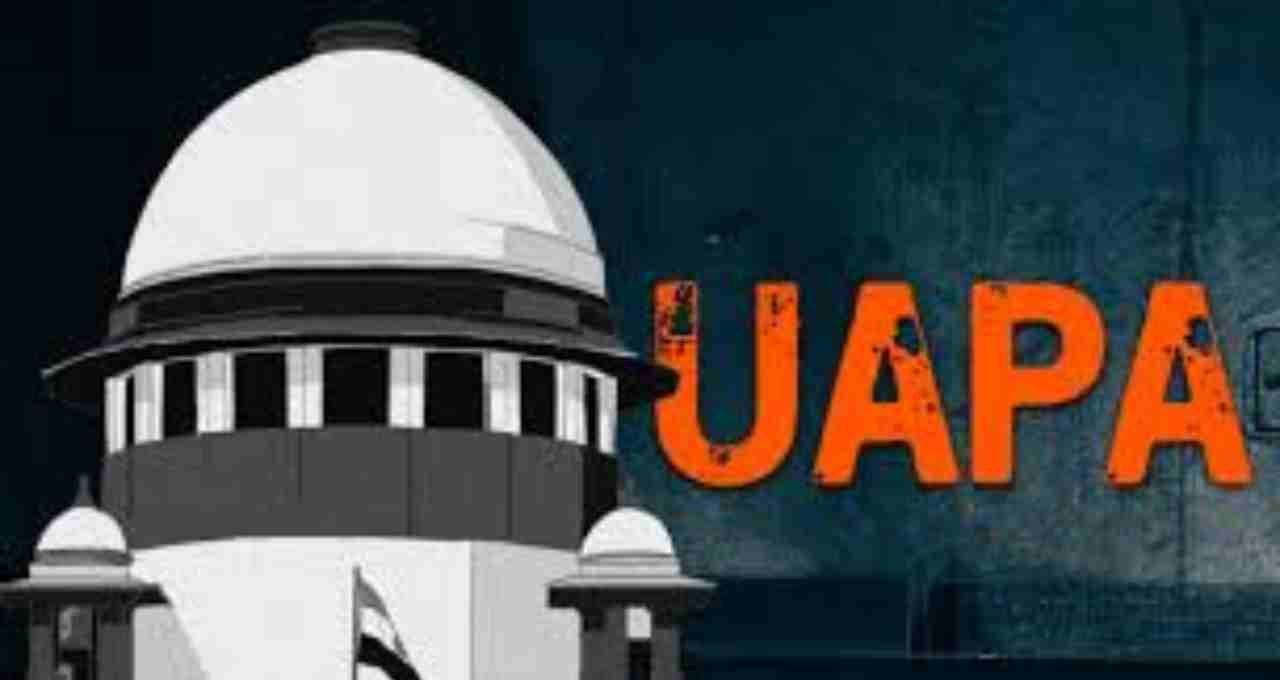
Balle argued in the petition that the provisions of the UAPA give the central government or the executive the power to declare any individual or organization as 'unlawful,' while the law does not provide a clear definition of 'unlawful activity.'
Main arguments made in the petition
Anil Baburao Balle also stated in his petition that through amendments made in 2001, provisions were made in the UAPA to implement the resolutions of the United Nations Security Council (UNSC), on the basis of which the government gets the right to declare any Indian citizen or organization as a 'terrorist' if they support international terrorism.
The petitioner argued that the Constitution of India does not give the executive such a privilege that it can declare any organization or individual as unlawful or terrorist at its discretion. He also said that Parliament cannot be given such an 'unlimited right' that violates anyone's fundamental rights.
Other demands raised in the petition
Anil Baburao Balle also urged the court to quash the NIA notice sent to him on July 10, 2020. He said that this notice was also sent on the basis of unconstitutional provisions and on this basis, the notice should also be declared invalid. The bench of Chief Justice A. S. Gadkari and Justice Neela Gokhale clearly stated that all the arguments presented by the petitioner regarding the validity of UAPA are not acceptable in the provisions of the Constitution and the framework of the current law.
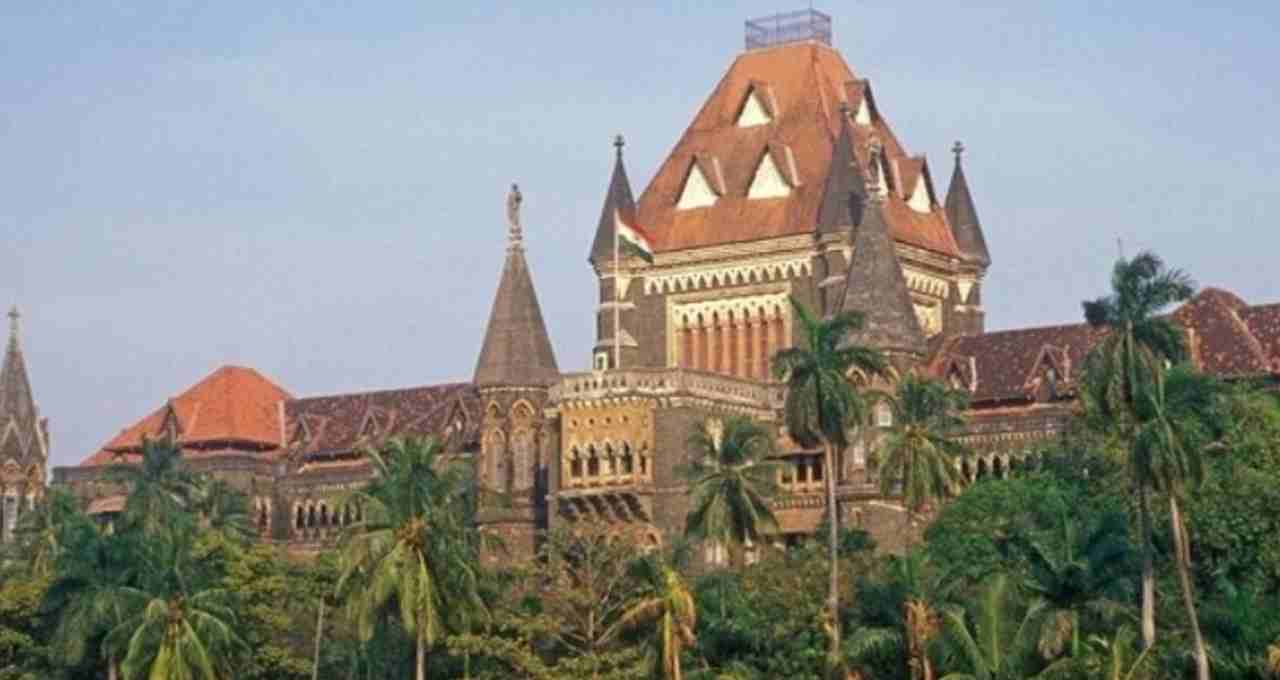
The court said that the UAPA is a central law passed with the approval of the President and its validity cannot be questioned. The court also said that the UAPA is a necessary law to combat internal security and terrorism in the country. The rights given under it cannot be considered unconstitutional because they have been made in the interest of the country and there are sufficient judicial arrangements to prevent their misuse.
The court reiterated in its decision that the UAPA is not contrary to Article 14 (right to equality), Article 19 (freedom of expression) and Article 21 (right to life and liberty) of the Constitution. Under this law, some privileges have been given to the executive, but they also come under the purview of judicial review.
